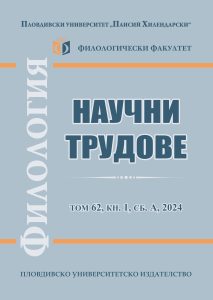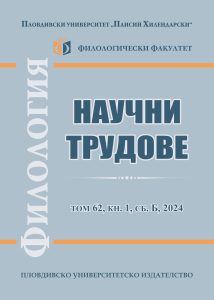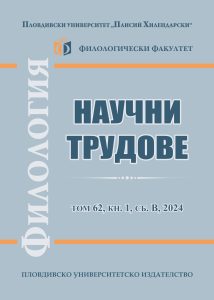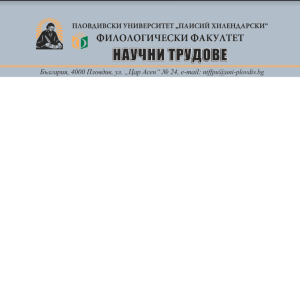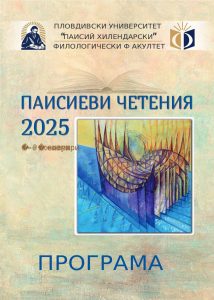VOL. 58, BOOK 1, PART А, 2020 Full text (Bg)
Author: Lachezar Perchekliyski, Magdalina Domozetska
Affiliation: Neofit Rilski South-West University
Abstract
The article examines the word formation of the names of ethnonyms and inhabitants in Neofit Rilski’s works. The second quarter of the nineteenth century was a time when the Bulgarian national literary language was established on the basis of the vernacular. The results of the analysis show the process of imposing the colloquial formants -ец (for masculine) and -ка (for feminine) that during the Renaissance compete with traditional suffixes for formation of the ethnonyms and inhabitants -ин and -иня. Neofit Rilski imposes or neglects the colloquial suffixes depending on the nature of his works. The theoretical statements of the Czech linguist M. Dokulil are applied in the work. The nouns are classified by word formation types.
Key words: word formation, nineteenth century, names of ethnonyms and inhabitants, suffixes


